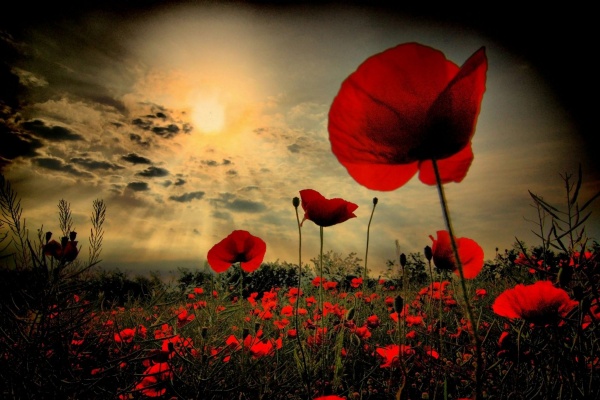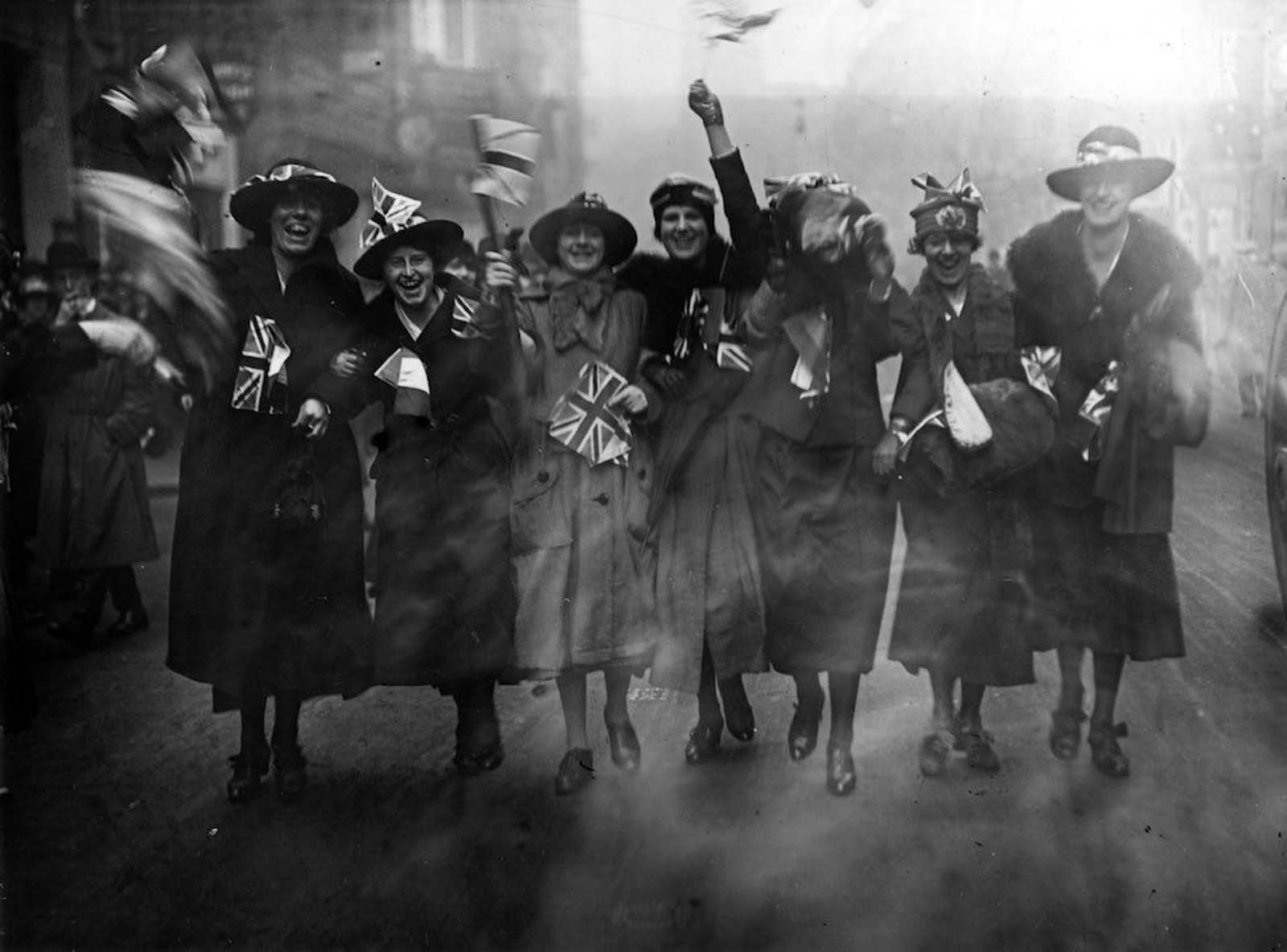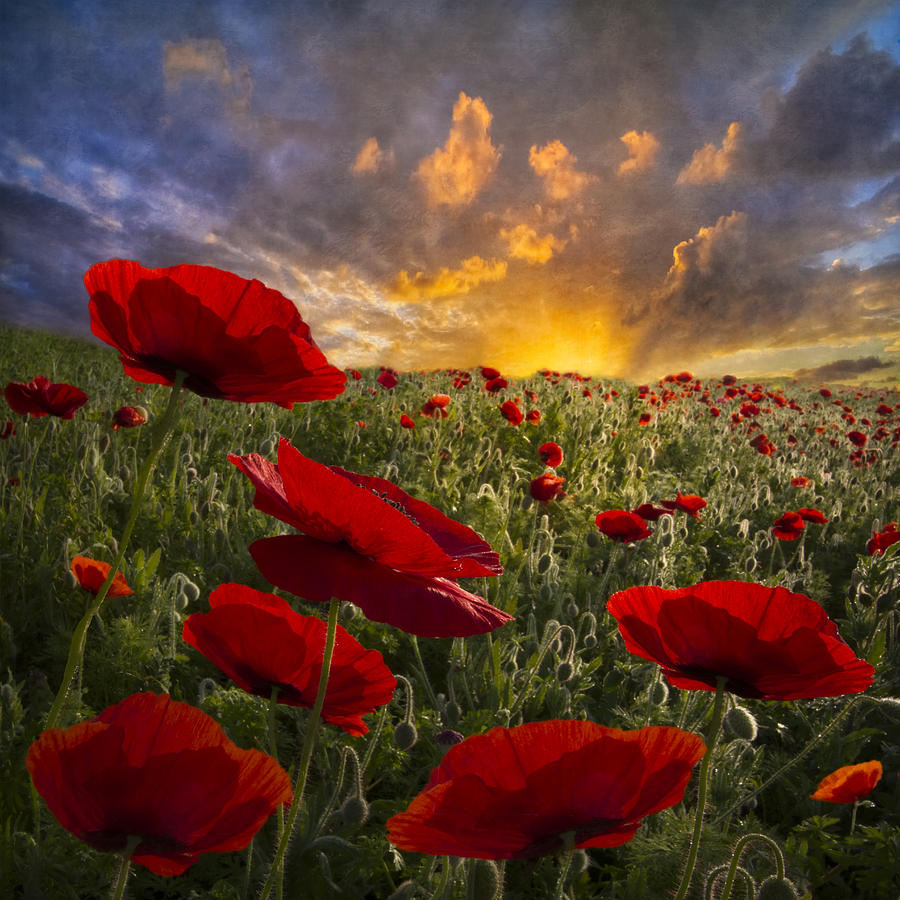
The fundamental British Values play a quintessential part in our teaching practices at Shooters Hill Sixth Form College: democracy, tolerance, respect, liberty, and the rule of law. Armistice Day celebrates the agreement to end the fighting of the First World War, promoting peace and tolerance.
What is Armistice Day?
At the eleventh hour on the eleventh day of the eleventh month, SHC took part in the national Two Minute Silence to reflect and remember all those who gave their lives to protect this country.
An armistice is the equivalent of a truce, - an agreement to end a war between all those involved. The name 'Armistice Day' comes from the armistice signed between the Allies of World War I (UK, France, USA, Italy, Japan, and Russia) and the Germans. In recent years, it has also been known as Remembrance Day. Every year, a two-minute silence commences at 11am on the 11th of November to celebrate the truce to remember all those who lost their lives before this decision was made.

What is the Significance of the Poppy?
As Armistice Day (or Remembrance Day) approaches, you may notice people on your daily commute or in the supermarket wearing red paper/metal poppies pinned to their collars and coats. They're worn to be symbolic of all the lives lost in the war, although poppies have been used as symbols of death and rebirth since the 19th century and continue to be powerful advocates of memory to this day.
The connection between poppies and World War I specifically comes from a poem written by John McCrae, a Canadian artist and author, called 'In Flounders Fields', as written below:
In Flanders field the poppies blow
Between the crosses, row on row,
That mark our place; and in the sky
The larks, still bravely singing, fly
Scarce heard amid the guns below.
We are the Dead. Short days ago
We lived, felt dawn, saw sunset glow,
Loved and were loved, and now we lie
In Flanders field.
Take up our quarrel with the foe;
To you from failing hands we throw
The torch; be yours to hold it high.
If ye break faith with us who die
We shall not sleep, though poppies grow
In Flanders fields.

As a result of this poem directly linking the two together, artificial poppies were sold as a means of charity for the Earl Hague Fund, supporting the families of those who lost their men in the war. Later on, The British Legion (which is still funded by the distribution of poppies today) was formed to continue to provide lifelong support to serving and ex-serving members of the Armed Forces.
At SHC, ensuring that we remember the importance of Armistice Day through education is prominent in our college community, and we will continue to celebrate the lives that were lost in exchange for our freedom.

Lest we forget.
Written by Amy Boyle.
